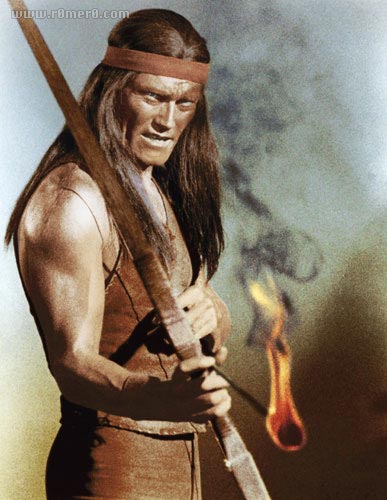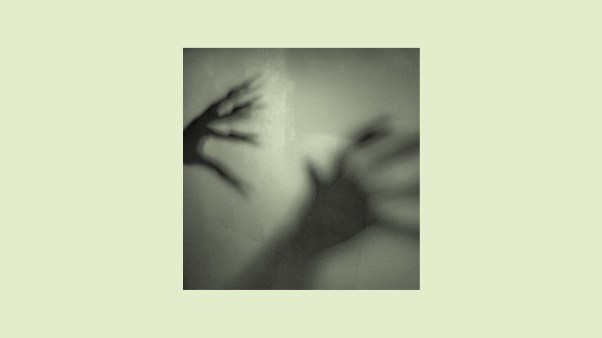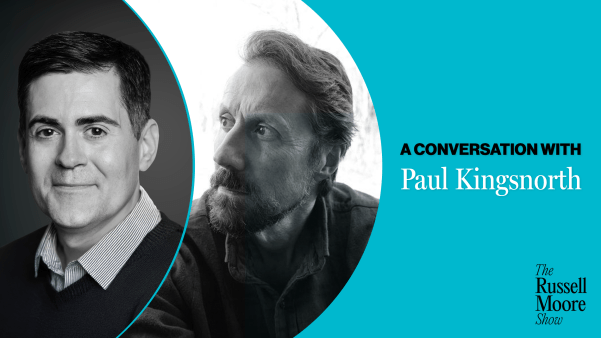
I've watched one young woman after another pour out her heart, expressing deep emotion about the messages they heard from other generations:
"You feel un-relatable to me and not transparent."
"I feel like my mom is under a sworn oath to not tell me everything."
"I need more answers! Why keep things from me?"
"Your idea of a godly woman feels threatening to me."
"When you do talk to me about spiritual things, your language is patronizing."
"The sense I get from older women is they want to fix in my life what was wrong in theirs."
This breakthrough came at a recent event called Shaping Her Faith, part of my research on relationships between Christian women. Women aged 22 to 77 talked openly about the messages we send to one another and how they impact our spiritual lives.
I suddenly knew I was witnessing something sacred. Their young, open voices created a safe haven as we all leaned in, listening to what felt like a mystery finally resolved.
I watched the older generations receive the remarks from women in their 20s and 30s with grace and intentional thought; they each began to ask forgiveness of the younger women. Seasoned women confessed to sometimes not listening, not being relatable, using patronizing spiritual language, and trying to fix their own problems.
Beyond the event, I heard about these women gathering together. One told me, "Pam, I didn't realize how quickly we could get down to the spiritual issues—they are already there!"
In sociologist Christian Smith's book, Lost in Transition, Smith and his collaborators investigated the difficulties young people face. The researchers point out that it's not just their problem but our problem—the struggles of emerging adults have much deeper roots in mainstream American culture. Smith finds that much of our youth's pain and confusion lies with those who've gone before. So my message to Christian women in their 20s and 30s: I'm sorry, too. It's time to mend our generational wounds and deepen our relationships as women of faith.
Part of the solution, I believe is to stop blaming either generation. Instead I want to call you to follow Smith's simple advice to help avert the gap: Intentionally stay in relationship with mature adults outside your age group.
In our public conversation, one mature woman admitted she only met with younger women if they contacted her. Even though older friends, relatives, and mentors should initiate, when young women show a desire to sustain and strengthen a relationship, both people benefit. Here's how you—as women in your 20s and 30s—can help us make amends, to come together for the sake of the church and God's kingdom:
Give us a chance at authenticity.
Older women recognize that as young Christians, you desire authenticity. Sadly, we need your help in honoring what that means to you. Ask us questions about our past, probe into the durability of our faith, break beneath the surface of our veneer so we don't stay superficial with you. We long to tell the truth about ourselves. Do you believe God can speak to you through us? That's really the nagging question mature women need answered.
Once when I was speaking at a women's conference, a woman in her early 20s approached me and said, "I can't believe how you are just yourself up there." That simple statement encouraged me, in mid-life with all its surprising insecurities, to keep on doing the only thing I know how to do! See yourself reaching across generational lines as bringing health to our nation. A strong society is dependent upon numerous interpersonal relationships and deep feelings of commitment.
Don't worry about doing things differently.
It's okay to remind us that we're not just like you. Christian Smith observes how American adults seem more interested in projecting their hopes and ideals for what they think young people today should be like than in actually understanding what they are like. At times, we look at young women as if you are a "blank screen" onto which we project images of our own desires.
For example, younger women talk about being less tied to "seasons" of life—they want it all at once. We need to talk openly about this concern without projecting on you the way we lived our "seasons." There's nothing biblical about formulaic answers to life. The wisdom you can receive, however, from women who love Jesus through the years is worth more than gold.
Reminding us that we're not like you is a humble way of seeing our relationship as a benefit to society, the church, family, community, and the future. We can learn from each other. Be confident about the differences that are not moral absolutes. Let mature women know how much you love being busy and don't feel guilty about it. Create extraordinary change by embracing better relationships with these resourceful women—don't be afraid to try.
Lead a grace-giving life.
I was encouraged by the way we ended our conversation that day. In the end, we all agreed women must give more and more grace to one another.
By lowering our expectations, letting go of our agendas, and maybe even disappointing someone—we create change by leading a "grace-giving" life. We've forgiven one another across the generations, I believe now it's time to give grace. And that's not just your call or their call but ours.
Pam Lau is a writer whose work has appeared in Fulfill magazine and The Christian Scholarly Review (co-written with her husband, Dr. Brad Lau). Her first book Soul Strength, was published by Random House. She has taught writing at George Fox University, two other colleges and private day schools, She speaks regularly at conferences and retreats. A graduate of Liberty University and Colorado State University's technical journalism department, Pam lives near Portland, Ore. with her husband and three daughters. She is currently writing her second book on the spiritual lives of women in the younger generation. Visit her website at pamelalau.com.
I’ve never seen John Wayne in The Searchers (1956), but after watching Reel Injun, a PBS documentary airing tonight, I’m pretty sure I don’t ever want to.
Reel Injun, part of PBS’s stellar Independent Lens series, explores Hollywood’s treatment of Native Americans through almost a century of film – a period in which American Indians slowly evolved from the reviled savages who must be killed to the fascinating natives that they are. The documentary, directed by Cree filmmaker Neil Diamond, looks at how the myth of “the Injun” has influenced the world’s understanding – and misunderstanding – of Natives.It includes interviews with Clint Eastwood, Jim Jarmusch, Sacheen Littlefeather, and others.
During the extended Indians-as-bad-guys segment, a clip from The Searchers, directed by John Ford, is shown. In the movie, Wayne plays a man whose niece is kidnapped by Comanches who murder her family and burn their ranch house. It’s certainly reason for righteous anger, perhaps even revenge. But a scene where Wayne and his comrades dig up a freshly buried Indian is especially troubling. After desecrating the grave, one of the white men lifts a huge rock and smashes the dead Indian’s face; the blow itself isn’t shown, but implied.
Then Wayne’s character, on horseback, says, “Why don’t you finish the job?” He pulls out a pistol and fires two shots into the dead Indian’s face, then says, “Ain’t got no eyes, he can’t enter the spirit world. He has to wander forever between the winds.” Oh. My. Goodness. I was aghast.
Critics have pondered whether audiences saw the act – and Wayne’s character overall in the film – as racist, but as Roger Ebert noted in his 2001 review, “Is the film intended to endorse their attitudes, or to dramatize and regret them? Today we see it through enlightened eyes, but in 1956 many audiences accepted its harsh view of Indians.”
Today, we can watch this documentary through enlightened eyes as well. And it’s an eye-opener. But it’s not all bad; the film acknowledges such films sensitive to Native Americans as Dances With Wolves and others since 1990.
And there’s even humor. The filmmakers snicker at the notion of white people playing Natives (see Chuck Connors as Geronimo, top left). And in an interview with an old Navajo couple that had once played extras in some old Westerns, the filmmaker learned that many Natives would go “off script” when interacting with their white counterparts in a film. “No one ever bothered to translate,” says the narrator, with a pregnant pause, “until now.”
A clip is shown from 1964’s A Distant Trumpet in which a U.S. Calvary Lieutenant is questioning an Indian chief.
“If I do not return,” the white man says, “General Quaint will find you. And you will be dead, and all your people.”
The stoic chief answers in his native tongue – and in 1964, there were no subtitled translations. But now there are: “Just like a snake,” he says, “you’ll be crawling in your own s***.”
Responds the lieutenant without blinking, “No, he is NOT a fool. You are!”
Check out the trailer here:








